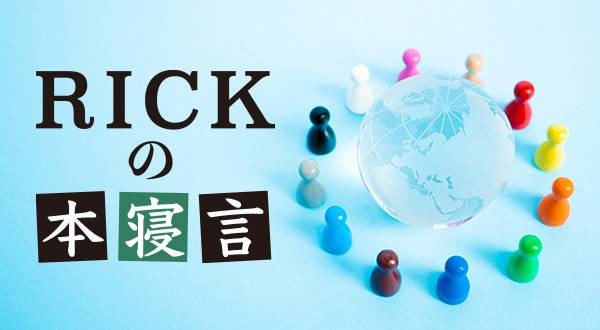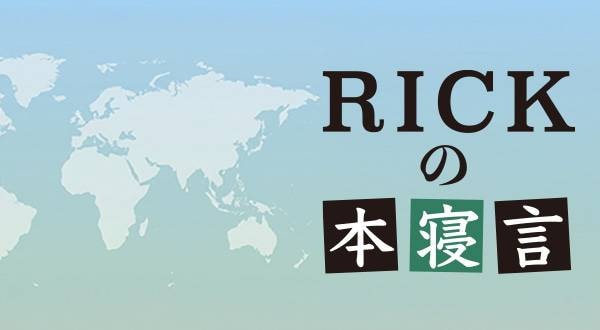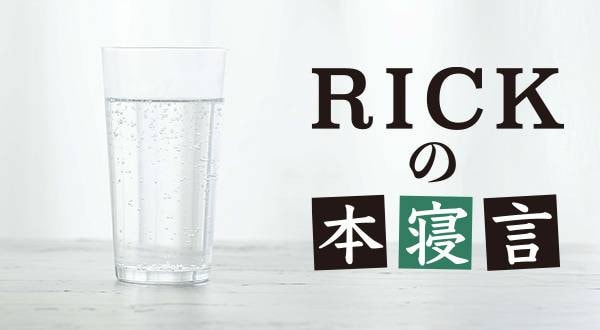
When I was a small child, a black-and-white television suddenly appeared in our living room. I cannot even describe how shocked I was. A few months later, a Technics record player was placed in a corner of the room. The first record that I heard on it was “Ōshō”, an enka song sung by Hideo Murata. Shortly after, I started to remember the words to this song and began to sing it to myself when I was a kindergartener. My father then started bringing home more new records in which some records were in English with songs that I had never heard before, but I immediately loved them when I first listened to them. Among those singles that I remember were Elvis Presley’s “Love Me Tender” and the Beatles song “I Want to Hold Your Hand”.
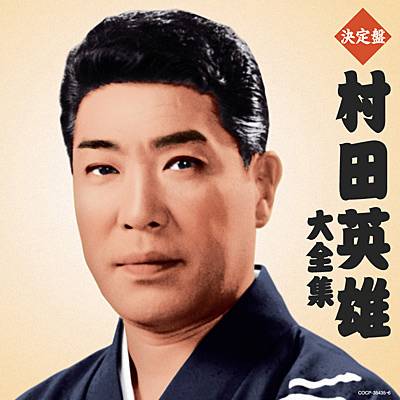
Hideo Murata The Complete Works of Hideo Murata, Ultimate Edition
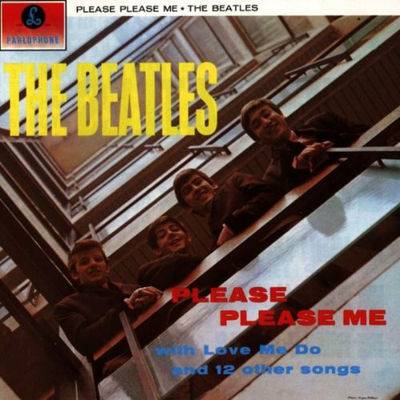
The Beatles Please Please Me
When I entered elementary school, one of my relatives invited me to a concert featuring Beethoven’s Symphony No. 5 “Fate Symphony” at the Tokyo Bunka Kaikan. I listened to the famous five bars of melody (dun dun dun DUUUUN) without understanding it, but that simple melody piece ended up having a great influence on my musical tastes later in life. I remember I kept humming the melody for a while after that day. The year after the Tokyo Olympics, a film about the life of Johann Strauss II called The Waltz King was released in Japan. 8-year-old me went to see it alone at a movie theater in Shibuya this time. I became completely engrossed in Strauss’s music and listened to his masterpieces over and over again until I knew many of them by heart.
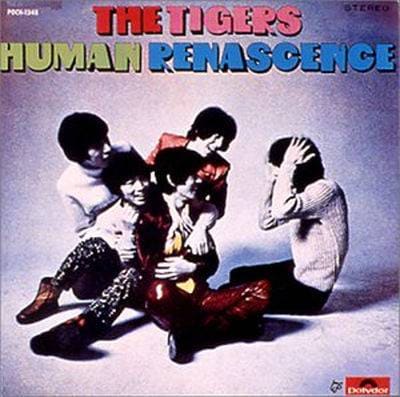
The Tigers Human Renascence
In the late 1960’s with the anti-war sentiment rising, the band Tigers led by Kenji Sawada made their debut in 1967, and their second single “Seaside Bound” became a big hit at the same time when the group sounds genre boom began. Everyone from children to adults became instantly hooked on this genre. Around the same time, folk songs also started gaining popularity with hits like “Kaette Kita Yopparai (I Only Live Twice)” in 1968 and “Kaze (Wind)” in 1969. I have always loved songs like these, so I was completely enamored with the group sounds and folk music genres. My head was always full of music when I was an elementary school student, and I was always singing “Kimi Dake ni Ai wo (Love Only for You)” by the Tigers and “Amairo no Kami no Otome (On the Windy Hill)” by the Village Singers. I was also fascinated with the melodies from classical symphonies and waltzes.

Deep Purple Live in Japan
When I was a junior high school student, I used to sing anything I could while playing guitar with my classmates. Back then in 1970, I listened to Led Zeppelin’s “Immigrant Song”, which was my first rock song. I still remember that the beat and melody were so strong that I could not hide my feelings of fear and I started to feel goosebumps all over my arms. As time went on, my mind continued to be inspired by the momentum of rock music. Deep Purple’s live album Live in Japan was recorded in Tokyo and Osaka in 1972 which completely stole my heart. I was still interested in folk and group sounds, but British glam rock fascinated me so much that I started dreaming about becoming a rock guitarist. In addition, the worldwide disco boom suddenly burst into pop culture with the smash hit movie Saturday Night Fever, which was released in Japan in 1978. I miss those days when I had a blast living life to the fullest dancing the weekends away.
I went to the States in 1972 to train in tennis, and mostly spent 18 years in the States until 1990, so there was a big chunk of time when I was missing out on Japanese music trends. I was always focused on sports, academics, and then work while I was in the States, so I became distant from music. So, I only remember a couple of bands from Japanese music during this period of time. Pink Lady’s “Nagisa no Sindbad (Sindbad of the Beach)” became a smash hit when I temporarily returned to Japan in the late 1970’s and shortly after, all eyes were on a girl idol trio called Candies who were going to break up then. Both stories showed that female idols were on the rise, but at that time I had no idea that their explosive popularity would spark the hit by Morning Musume 20 years later.
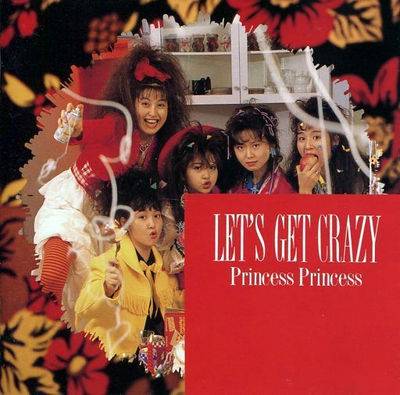
Princess Princess Let's Get Crazy
Time passed, and in 1990, I decided to return to Japan for good after little thought. It was the golden age of VHS then, and I borrowed a video tape because I somehow wanted to see what Japanese bands were like. I was so impressed because I felt not only was this tape full of performances that would have been impossible in the music I knew from the 1970’s, but the structure of the song, the theme of the lyrics, and everything seemed to be transcending across generations. The band Princess Princess was the pioneer of all-female bands. I was particularly moved by “Diamonds” and “Sekai de Ichiban Atsui Natsu (The Hottest Summer in the World)”, and even now nearly 30 years later, I still sing it to myself sometimes.
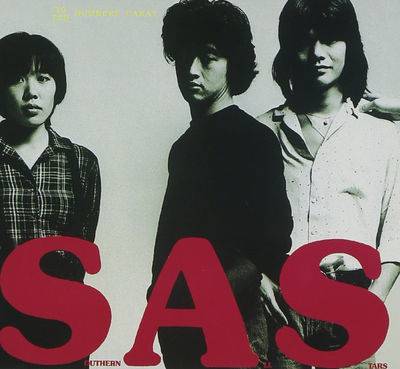
The Southern All Stars 10 Numbers Carat
Since I left Japan in 1972, I never got the chance to listen to Yosui Inoue, a singer who made his debut that same year. I hadn’t listened to other bands like Anzen Chitai, the band that became famous as Yosui’s backing band, or even the Checkers. The lyrics and compositions of songs by these bands and other bands like Princess Princess sounded fresh and completely different from those of Japanese music before the 1970’s. I was especially inspired by the descriptive lyrics and their subtle music expressiveness. The band that I was surprised about the most was Southern All Stars. When I first heard their famous song “Itoshi no Ellie (Ellie My Love)”, I was living in the States. Since I first heard it sung in English by an American singer, I thought it was an American song. Then when I learned that it originally was a Southern All Stars’s song, I was completely in awe of how meticulous they rhymed in their Japanese lyrics. Keisuke Kuwata deserves praise not only for his vocal skills, but also for his outstanding talent for writing a lot of genius music that will remain in music history for many years to come.
Before I even noticed, the time had shifted to the 2010’s and the Japanese music scene had also dramatically changed. The idol boom that began in the 1970’s and the female band boom from the 1990’s were succeeded by Morning Musume who debuted in 1997. Their style, where a group of many young girls sing and dance together, looked just like a modern version of the old Takarazuka Revue stage, became very popular with younger audiences. Even recent TV shows attract high viewer ratings by featuring female idol groups such as the super popular AKB48 and Nogizaka46. However, the songs sung by these idol groups all sound alike with similar rhythms and melodies, and they are not musically appealing to me. It even makes me feel the music is just an added bonus when watching these idols perform.
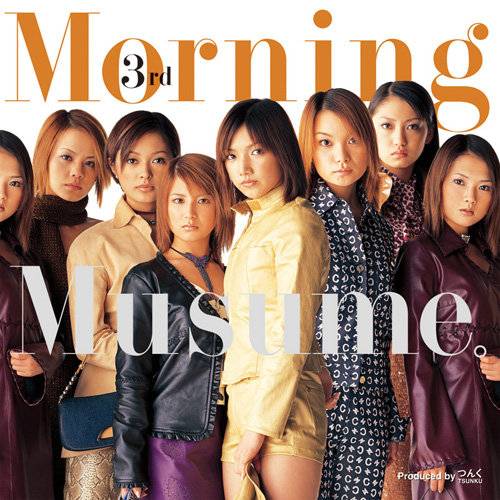
Morning Musume 3rd: Love Paradise
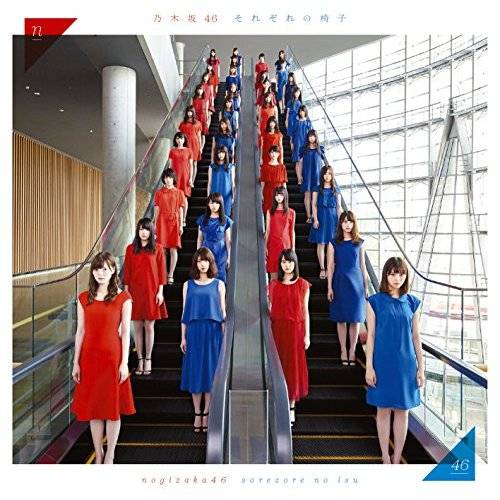
Nogizaka46 Sorezore no Isu (Each Chair)
Is it just me, or does it seem that most pop music in Japan today is neither interesting nor enjoyable? The reason why music released before the 1970’s was so great was purely because many artists wrote their own songs with passion and pride, and they felt that they had a responsibility to showcase their songs with their own unique style and perspectives to the world. You could hear the artist’s hopes and dreams, and their personalities shone through their music. The sense of self in their music was so special that it couldn’t be compared to anyone else. This is why many artists who had both originality and musicality in their music were successful. They unleashed their feelings and thoughts to the world without any restraint.
It seems that the manufactured Japanese music from today stands on the opposite side of the high originality and creativity that it used to have. This is probably because nowadays making money and becoming famous are often considered more important than musicality. Therefore, the number of artists who write songs by themselves is not as many as there used to be, and their top priority is more about what they can do to sell their music. Professional songwriters who know how to write hit melodies and lyrics are only hired to produce pop hits. A girl group is assigned to sing one of these pop songs in a cutesy way. In other words, money has taken over the music business, and we can see a plot where music is just a tool to rake in the cash. Let me just add a note here: The business model itself is not a bad thing. It is natural for businesses to make deals in music because there is the demand in the market and these record labels have to meet those demands. As a result, however, I’m afraid that many young people are being led astray by these record labels, without having the chance to experience the true essence of music.
I think that my musical life has been truly blessed. Since I was born and raised in a wonderful era, I was lucky enough to be exposed to enka and pop music as a child. Then, when I was still young, I naturally came to enjoy folk and group sounds as well as classical and rock music, especially the hits that launched classic rock to its peak in the 1970’s. The base of the music mountain is wide and deep, so there are still many genres that I still have never discovered. Since I had the chance to listen to a lot of masterpieces from a wide variety of genres in my life, I think I naturally was able to feed my mind and I learned how to enjoy all kinds of music.
I sometimes wonder what makes today’s young people enjoy music. It’s not that I can’t understand their feelings when they say, “It’s ok as long as it’s fun!” or “I love it because it’s so pretty!” However, I also think that there are many more ways to enjoy music. It’s just like when I was a child, inarizushi and futomaki used to be my best choices for sushi without knowing about or trying more delicious sushi such as fatty tuna, sea urchin, greater amberjack, and sea bream. Today, the strong money power behind the music industry only focuses on making high-profit inarizushi look more delicious since they only try to sell inarizushi.
The world of music is deep and full of fine compositions and wonderful lyrics that touch people’s hearts. These pieces remain in people’s hearts forever because the passions of artists are forever embedded in them. I wonder if the day will ever come again when people can experience the joy of listening to real music with real artists?






